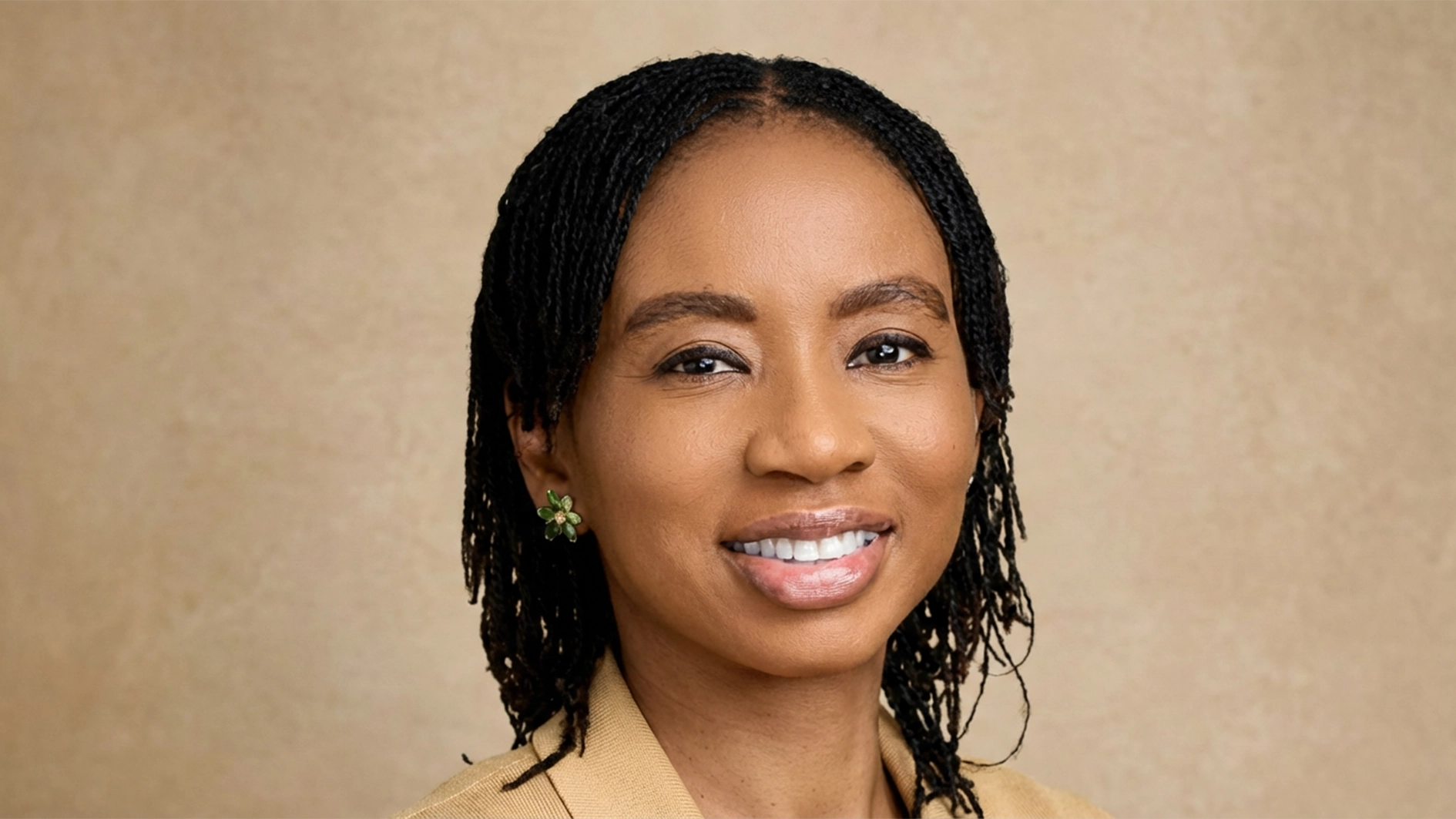
Out of the N5.718 trillion distributable value-added tax (VAT) revenue shared by the Federation Accounts Allocation Committee (FAAC) between January and November 2024, three states and the Federal Capital Territory (FCT) earned N4.183 trillion as their share, leaving the remaining 33 states to scramble for the remaining N1.534 trillion.
Based on the current VAT revenue sharing formula, Lagos State gets 42 per cent, meaning that the state alone took home N2.401 trillion as its share during the period. Rivers State, which takes 16 per cent, got N914.88 billion during the same period. The FCT, with 10 per cent, got N571.8 billion, while Oyo State, which takes 5.2 per cent, got N297.336 billion.
The VAT sharing formula has become a contentious issue in recent times following the introduction of a new tax reform bill that proposes radical changes to the current sharing formula.
According to the current formula, the federal government receives 15 per cent of VAT, states and the FCT take 50 per cent, while local governments take 35 per cent.
Of the 50 per cent meant for the states, each state retains 20 per cent of the VAT collected within its borders as derivation, 30 per cent is distributed based on the population of the states, while the remaining 50 per cent is shared equally among all the states.
According to the Presidential Committee on Fiscal Policy and Tax Reforms, this sharing formula does not take into account the fact that over 70 per cent of goods and services are consumed outside the head offices of the firms rendering those services or producing those goods but only recognises where VAT is remitted.
The new formula, which it proposes, gives the federal government 10 per cent of VAT revenue, states and the FCT 55 per cent, and local governments 35 per cent.
Of the 55 per cent attributable to the states, it proposes that 60 per cent should go to states where goods and services were actually consumed as derivation, 20 per cent based on the population of the states, and 20 per cent shared equally among all states.
Based on this proposal, where VAT is collected becomes as crucial as the amount collected, potentially favouring regions where consumption activities are concentrated.
Incidentally, this new formula has generated a lot of controversy, leading to the suspension of debates on the new tax bills at the National Assembly to enable more consultations.
The opposition to the new VAT distribution model, which is mainly from the north, contends that it will negatively affect their region.
At several fora, the Chairman of the Presidential Fiscal Policy and Tax Reforms Committee, Mr Taiwo Oyedele, has explained that the proposed new VAT sharing formula was meant to bring equity and fairness to the VAT revenue sharing, as most of the big companies have their head offices in a few states where they remit VAT.
Even the Chairman of the Federal Inland Revenue Service (FIRS), Dr. Zaach Adedeji, had also openly lamented that the current formula, apart from giving an advantage to a few states, does not reward hard work or creativity.
A recent analysis by Agora Policy reveals that the current formula has some obvious shortcomings. One such is the high percentage assigned to equality of states, which it said creates a form of perverse incentive.
Based on the formula, irrespective of contributions, all states will always get a steady and hefty inflow from the VAT pool. There is no consequence for states not charging and remitting VAT on contracts they give out.
Another issue is that states with high populations have an inbuilt advantage because of the 30 per cent of the VAT pool assigned to the population. So, a populous state is guaranteed a tidy sum from 80 per cent of the VAT pool for states, even if it contributes very little.
However, analysts believe that taking the derivation from 20 per cent to 60 per cent in one fell swoop while allocating 20 per cent apiece to equality and population, is not going to be as painless for most states as the proponents have made it to look.
They say that since VAT constitutes the bulk of the revenues that states get from FAAC, this new formula will surely cause some dislocation for some states and requires proper consultation. They note that asking those who will lose a major source of revenue for the budgets that they have already proposed to just get on with it or be more creative is not the best way to go.






